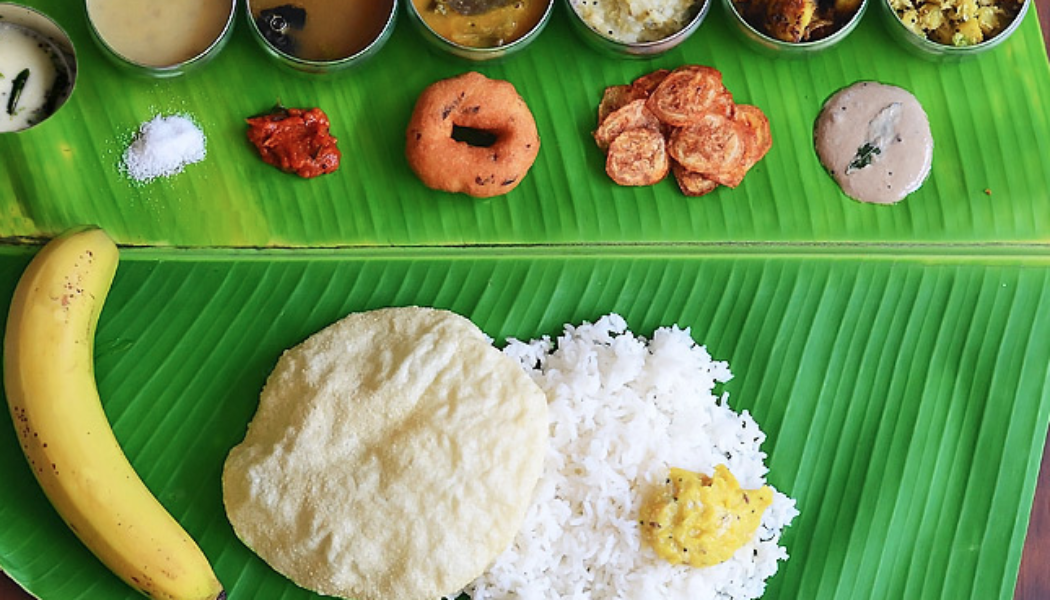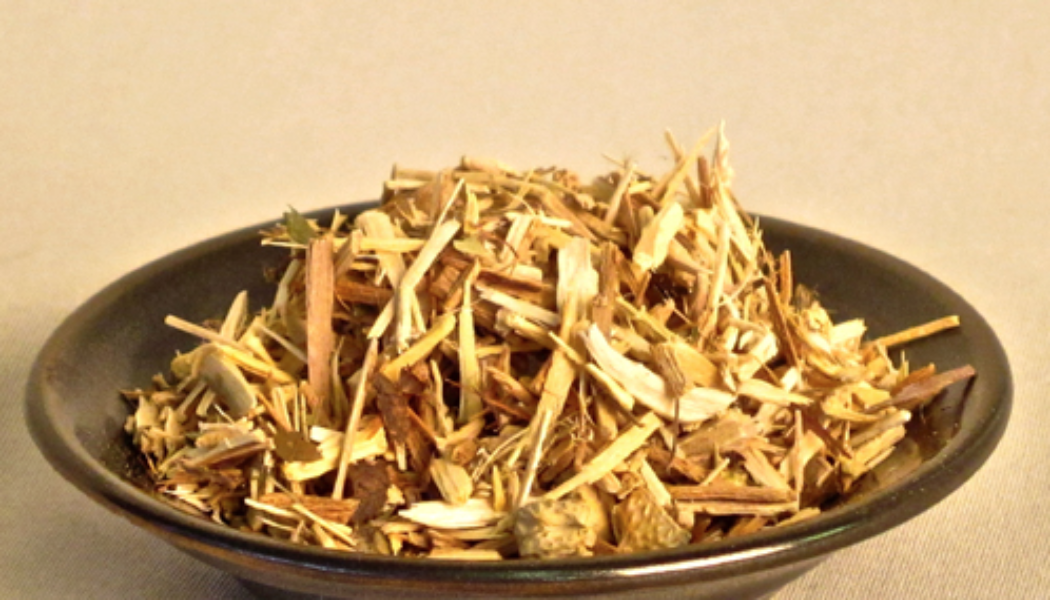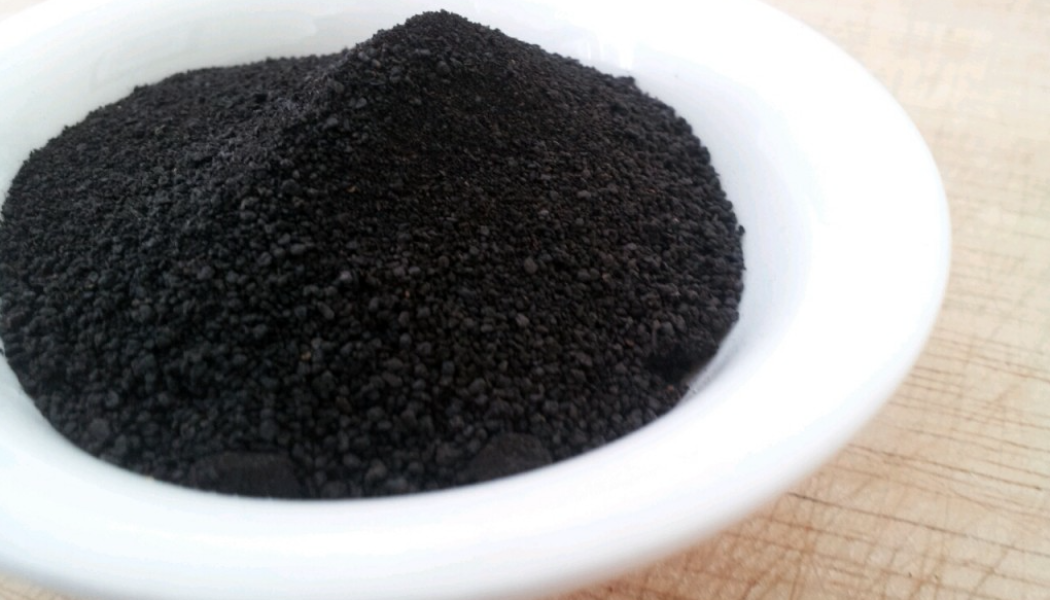Blog
Chyawanprash – The Famous Ayurvedic Elixir
Chyawanprash – The Ayurvedic Elixir Long ago, sat in the forest an old wise sage named Chyawan. It has been said that the old wise sage had been sitting in mediation for such a long period of time that he eventually became covered with moss, twigs, leaves and branches. One day, a beautiful princess found herself joyfully singing through the forrest as she played a game while being blindfolded. Accidently, the beautiful princess’s hand had gently grazed the head of sage Chyawan. According to the rules of the kingdom – whomsoever the beautiful princess touches will be destined to be her husband as she was only to touch one man in her lifetime. “Restore Youthfulness & Vitality” How could such a beautiful princess marry an old man? Suprisingly, sage Chyawan a...
Ayurvedic Tips To Help Manage Heartburn + 3 Easy Soothing Recipes
Ayurvedic Tips To Help Manage Heartburn Do you ever get that burning, stinging sensation rising from your stomach and chest to your throat? Of course you have. In fact, according to the National Institute of Diabetes and Kidney Digestive Diseases, 60 million people experience heartburn at least once a month and 25 million experience these symptoms daily. Staggering! Basic Guidelines To Help Prevent Heartburn: – avoid spicy food – avoid fermented food and pickles – minimize intake of citrus and sour fruit – avoid overeating Easy Soothing Recipes EASY RECIPE #1 – 2 tablespoons of aloe vera gel – 1 pinch of baking soda Simply mix these two ingredients and drink. This will help to provide immediate soothing effects upon the burning sensation common to acid r...
3 Tips For Healthy Living – Finding Balance From An Ayurvedic Perspective
3 Tips For Healthy Living The ancient science of Ayurveda has described health to be a state of perfect balance. Likewise, it’s very intuitive to acknowledge that this state of health and balance is brought about by maintaining a certain lifestyle in accordance with nature. Cause And Effect Although the world seems to be more unpredictable by the day – we know that disease often does not just appear from nowhere. Commonly, before any of the obvious signs and symptoms of disease appear there are often more subtle expressions of disease which are present – yet, unfortunately overlooked. In the same manner, if we were to come across a tree in the forrest we know with certainty that there was once a seed and fertile ground for that seedling to sprout and come to full bloom. So true...
The Root Cause Of All Disease – An Ayurvedic Perspective + Practical Tips To Improve Digestion
The Root Cause Of All Disease Ever get that heavy feeling with unclear thinking and tiredness especially after a meal? According to the science of Ayurveda [“The Science Of Life”] this lack of vitality is often due to the formation of toxins [“ama”] – which arises due to poorly digested food material and is considerered unsuitable to the body. After all, if we eat food to gain energy – why then should we feel deprived of energy after the consumption food? The answer is quite simple as we shall see below. Respect Your Digestive Flame In most ancient cultures fire was revered because it provided light, warmth and the ability to cook food. In some cultures [i.e. vedic culture], fire is considered sacred as it represents the transformation between the mortal world and the heavens a...
The Six Tastes Of Food – An Ayurvedic Perspective + 5 Quick Tips For Digestion
The Six Tastes Of Food Have you ever wondered why when we are sick we often lose our sense of taste and even have a diminished appetite? The science of Ayurveda explains an interesting relationship between taste, appetite, and the power of digestion. Often we simply connect tastes and flavor with enjoyment value rather than connecting tastes with its corresponding therapeutic value. Ayurveda has a simple yet elegant explanation for all of this and even provides a correlation which considers the natural order of these six tastes and the corresponding stages of digestion, as we shall discuss below. The Six Tastes: Although food should most certainly should be flavorful and delightful – we should also consider the therapeutic effects which food has upon both the body and mind. The six t...
THE BEGINNER’S GUIDE TO AYURVEDA
THE BEGINNER’S GUIDE TO AYURVEDA A Brief Introduction: “Hi. My Name Is” Welcome to one of the oldest medical systems known to mankind. I will be your guide on this journey and I will do my level best to help make this journey as enjoyable and educational as possible. Let me quickly introduce myself. I am Mike Dhaliwal, M.D. and for a long time i’ve had the passion to further explore and seek out life’s greatests secrets. At the same time, I’ve equally had the same passion for medical advacements such as stereotactic biopsy and resection of malignant brain lesions to extreme cases of emergently cracking open a patient’s chest in the E.R. for life-saving maneuvers such as cardiac massage and so much more. I cannot lie, all this fascinates me. However, having been in the clinical setting for...
Dashamula – “The Ten Roots” – A Potent Ayurvedic Formula
Dashamula – “The Ten Roots” Dashamula is an ayurvedic formulation made up of ten herbs. The name Dashamula translates to ‘The ten roots’ and it is a potent ayurvedic formula. It is particularly beneficial to disorders of the nervous system and lungs. It is also frequently used as an enema as it helps to alleviate constipation, lower back conditions and inflammation in the pelvic and sacral areas. Dashamula has expectorant, nervine, analgesic and febrifuge actions. It directs the air and space elements in the body to flow downward and alleviates most nervine disorders associated with weakness, debility and pain. It is particularly effective in tremors, sciatica and parkinsons. Dashamula is also used in cases of dry coughs associated with respiratory weakness. Properties: D...
Sat Isabgol [Psyllium Husk] – For Optimal Digestive Function
Sat Isabgol – For Optimal Digestive Function Sat Isabgol (Psyllium husk) is an efficient bulking agent which acts as both an antidiarrheal and a laxative. As it can be used in cases of constipation and diarrhea it has a strong affinity for the digestive and excretory systems. It is also known as Asva-Karna which means horse’s ear in Sanskrit – this refers to the seeds resemblance to a horse’s ear. Sat isabgol is an efficient herb for digestive issues, and as a gentle laxative, can even be used (cautiously) during pregnancy. Some of the many ayurvedic actions that Sat isabgol possesses include; alleviating dry coughs and ulcers, regulates blood sugar, and comprises anti-inflammatory, expectorant and anthelmintic properties. When the husk is soaked with milk, this creates a laxa...
Natural Ayurvedic Remedies For Constipation
Natural Ayurvedic Remedies For Constipation Constipation is defined as a condition where there is difficulty in emptying the bowels usually associated with hard feces. It is irregular, infrequent evacuation of the bowels. Some of the symptoms of constipation include discomfort, dry hard feces, flatulence, abdominal pain, headaches and bad breath. From a western standpoint, constipation is defined as having 3 or less bowel movements per week. However according to the ancient science of Ayurveda, constipation is defined as having dry hard stools and/or missing a daily bowel movement. Etiology: According to the ancient science of Ayurveda, constipation is usually caused by: Insufficient water intake Overconsumption of dry, cold and heavy foods Insufficient fiber intake Lack of exercise Overco...
Indigestion – An Ayurvedic Perspective
Indigestion – An Ayurvedic Perspective Indigestion, also known as dyspepsia, is defined as pain or discomfort in the stomach associated with difficulty in digesting food. Some of the symptoms associated with indigestion include belching, nausea and a bloated stomach. Etiology ~ The Root Cause: According to the ancient science of Ayurveda, indigestion is usually caused by: Consumption of incompatible foods, such as bananas with milk Excessive consumption of heavy, oily, dense and hot, spicy foods Overconsumption of caffeine, alcohol and smoking Eating in haste Emotional eating Anxiety Side effects of certain antibiotics and/or medications Sometimes a symptom of certain cancers, peptic ulcers and GERD Manifestation Of Acid Indigestion: … “Heart Burn” People w...
The Alchemy Of Water – An Ayurvedic Perspective
The Alchemy Of Water Metals have long been a big component in treatment and healing therapies in the field of Ayurveda. From fine powdered substances (Bhasmas) to simple water, metals have been added to ayurvedic formulations in order to alleviate certain conditions and disorders. The most commonly used metals are iron, copper, gold and silver. These metals are processed and undergo rigorous and thorough purification to avoid any negative effects on the body. However, using water charged with the qualities and energetics of the metals can be safe for consumption as they do not involve ingestion of the actual metals. Disclaimer – Important: This is strictly for educational use. Not medical advice. Toxic metals, including “heavy metals,” are individual metals and metal comp...
Shilajit – The Ayurvedic Mineral For Weight Loss Plus So Much More!
Shilajit – The Ayurvedic Mineral Shilajit is a prominent mineral supplement used in many ayurvedic formulations. The name Shilajit implies victory that comes from this ancient rock and indicates its fantastically high mineral content. Shilajit is found mainly in the Himalayas, Altai and Caucasus mountain regions. It has been reported that Shilajit contains at least 85 minerals making it a highly sought after supplement for many conditions. Shilajit is a tonic and has diuretic, nervine and antidiabetic effects. It works as a rejuvenative to the urinary system and helps with weight loss by reducing adipose tissues in the body. It is also used in cases of sexual debility as it strengthens the entire reproductive system and has a cleansing effect in instances of excess tissue toxicity. ...














![Sat Isabgol [Psyllium Husk] – For Optimal Digestive Function](https://healthyayurveda.com/wp-content/uploads/2015/09/Screen-Shot-2015-09-04-at-2.03.58-PM-1050x600.png)
![Sat Isabgol [Psyllium Husk] – For Optimal Digestive Function](https://healthyayurveda.com/wp-content/uploads/2015/09/Screen-Shot-2015-09-04-at-2.03.58-PM-80x80.png)







